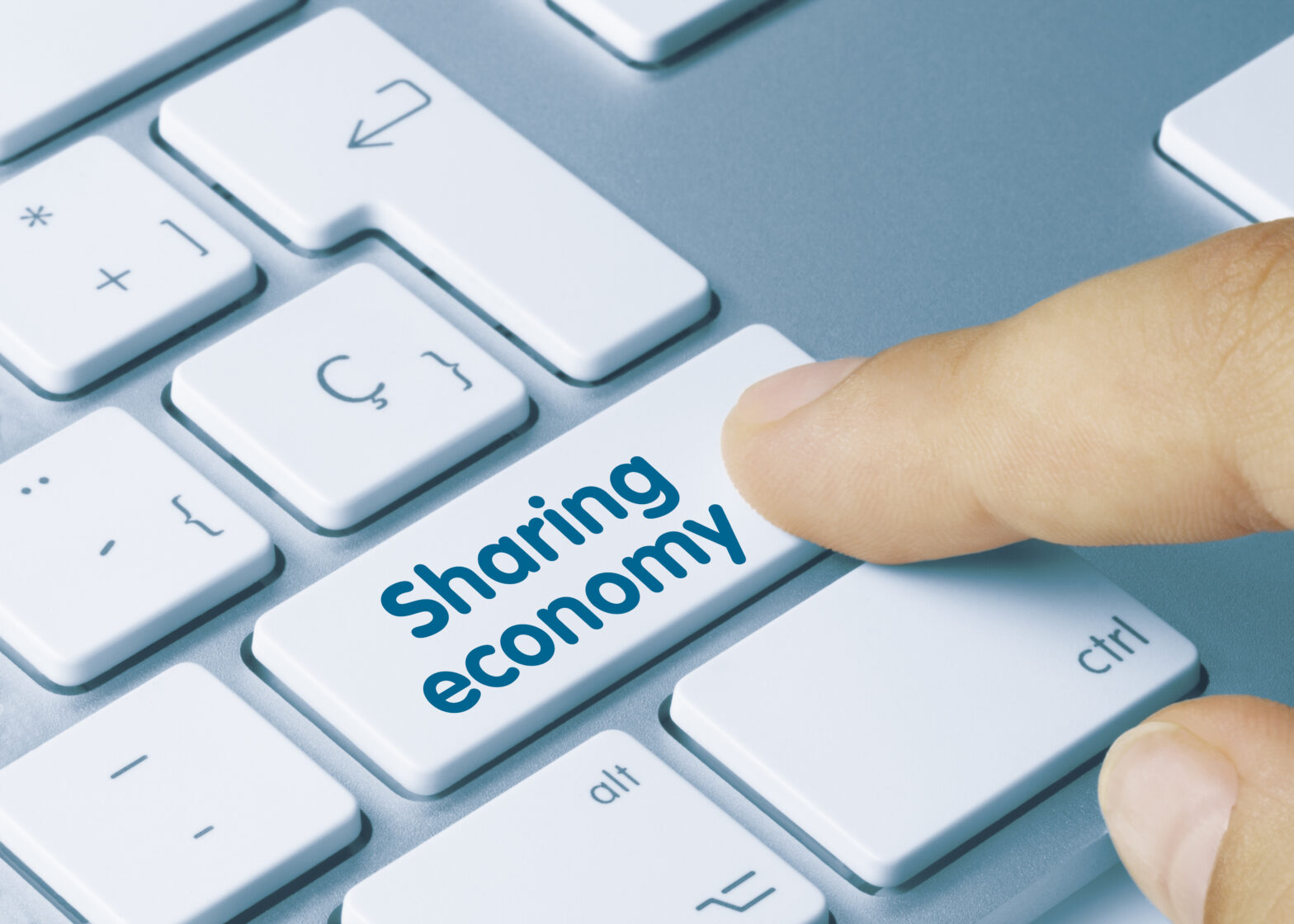As the sharing economy evolves, the ways you can use it are becoming more intuitive. In the early days, it was simply about rental: buying the use of someone’s property, car or bike.
Today, mixed in with the likes of Uber, Deliveroo and Airbnb, millions of consumers are discovering the benefits of the emerging ‘pure play’ version of the sharing economy, where no money changes hands between the lender and the user.
My business, Trustedhousesitters enables house sitters to find properties they can stay in for free in return for taking care of the resident pet. The only thing needed to earn one of these effectively free breaks is a love for pets, followed by a keenness to travel and desire to have new experiences. This win-win approach to sharing builds a strong bond of trust between home and pet owner members and the house sitters they choose.
The next few years will see even more widespread adoption of this new ‘trust economy’, where renting is replaced with swapping one free service for another.
As our member base grows, more people want to secure house sits of their dreams instantly. Our challenge was to come up with a way to make a verification process that previously involved days or weeks of email exchanges, reference swaps and Skype video calls happen in an instant.
Onfido, a digital verification business that uses technology to build trust and enable interactions on a global scale came to us with a three-step model:
1. Identity verification
First, Onfido carries out carries out a thorough identity verification to make sure, before any other checks are carried out, that the person is who they say they are.
2. Layer checks for full confidence
Layering up checks can give a greater level of confidence that helps ensure trust in the sharing economy. The first element is an identity record check, where the applicant’s name, address and date of birth is checked against a range of verified databases, including a database of over a million stolen identities to ensure that everyone is exactly who they say they are.
The second is a document identity check to verify that the ID document is not only genuine, but valid and consistent with the Identity Record Check. The third is a facial check, the verify that the applicant’s face matches the photo on their ID.
A fourth level, used in cases where further identification is required, is a street level check, where a letter is sent to the applicant to verify that they live at their stated address.
These checks in combination help to determine that the identity being checked is genuine and relates to a real person and that the individual owns and is rightfully using that identity.
On top of identity verification, running a range of checks that work in tandem with each other is far more effective than standalone checks. One single integration for every piece of the process allows results to align, automatically triggering further investigative measures where required.
3. Invest in technology
It used to be that businesses could carry out identity verification face to face, but as the way we interact changes, so too do those processes. Traditional, manual processes are slow and prone to error. In the sharing and on-demand economy, the entire verification process must be carried out remotely, which means that new systems need to be built. Onfido’s unique configuration of checks combined with its technology means their systems are adapted for remote identity verification.
At Onfido, all systems are powered by data and technology which makes their service faster, more affordable and scalable. The business is building its own machine-learning technology which continually improves on itself in order to continuously increase the efficiency of these verification results.
What sharing economy businesses need to take out from this, is the importance to invest in a global, independent verification model and allow customers and members to feel confident that the people they meet online can be trusted.
The independent online verification process that Onfido has built for us allows our members to earn a series of digital trust badges that sits alongside their profile, helping them to increase their chances of getting the best house sits. Beyond TrustedHousesitters, this model could have limitless potential: trusted consumers could one day get faster dinner reservations, upgrades on flights, or preferential access to buy tickets for concerts and festivals online.
One of our highest priorities when establishing our trust and safety features was to ensure gaining verification is accessible for all our members. Earning your first two trust badges by verifying your contact details and completing an ID and document check is free through the TrustedHousesitters platform. Members can also choose to achieve an enhanced level of verification by purchasing a certified criminal background check, offered in partnership with Onfido. Every digital trust badge is a way for members to show how seriously they wish to earn instant trust.
The future as we see it, is full of opportunities for people building online relationships to enrich their lives, by using the currency of trust to make meaningful transactions. And just like the watermark on a banknote, a badge to distinguish sharing economy users who have undergone the most robust levels of digital verification is the way to show that your currency is real.
Andy Peck is founder and CEO of TrustedHousesitters.





